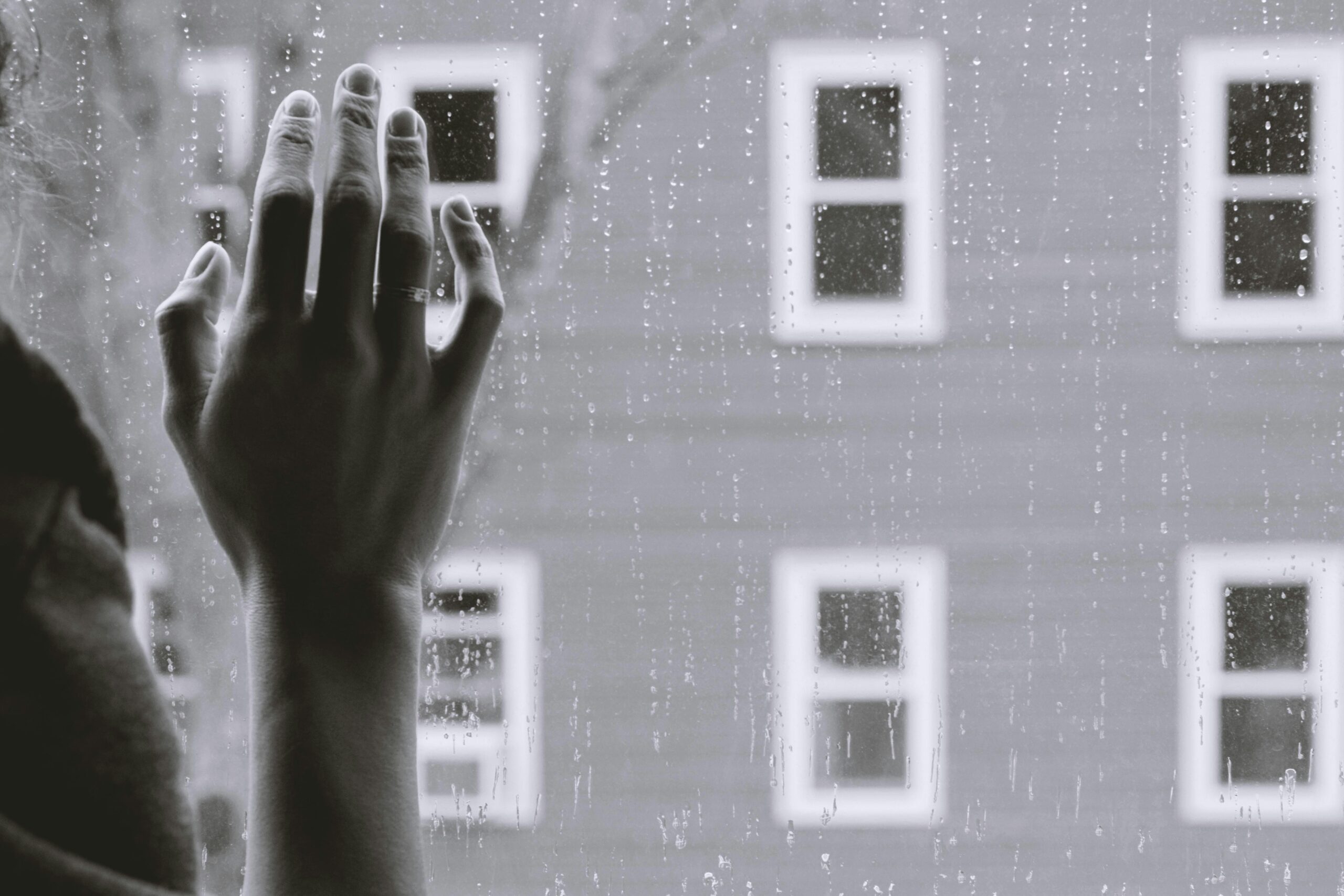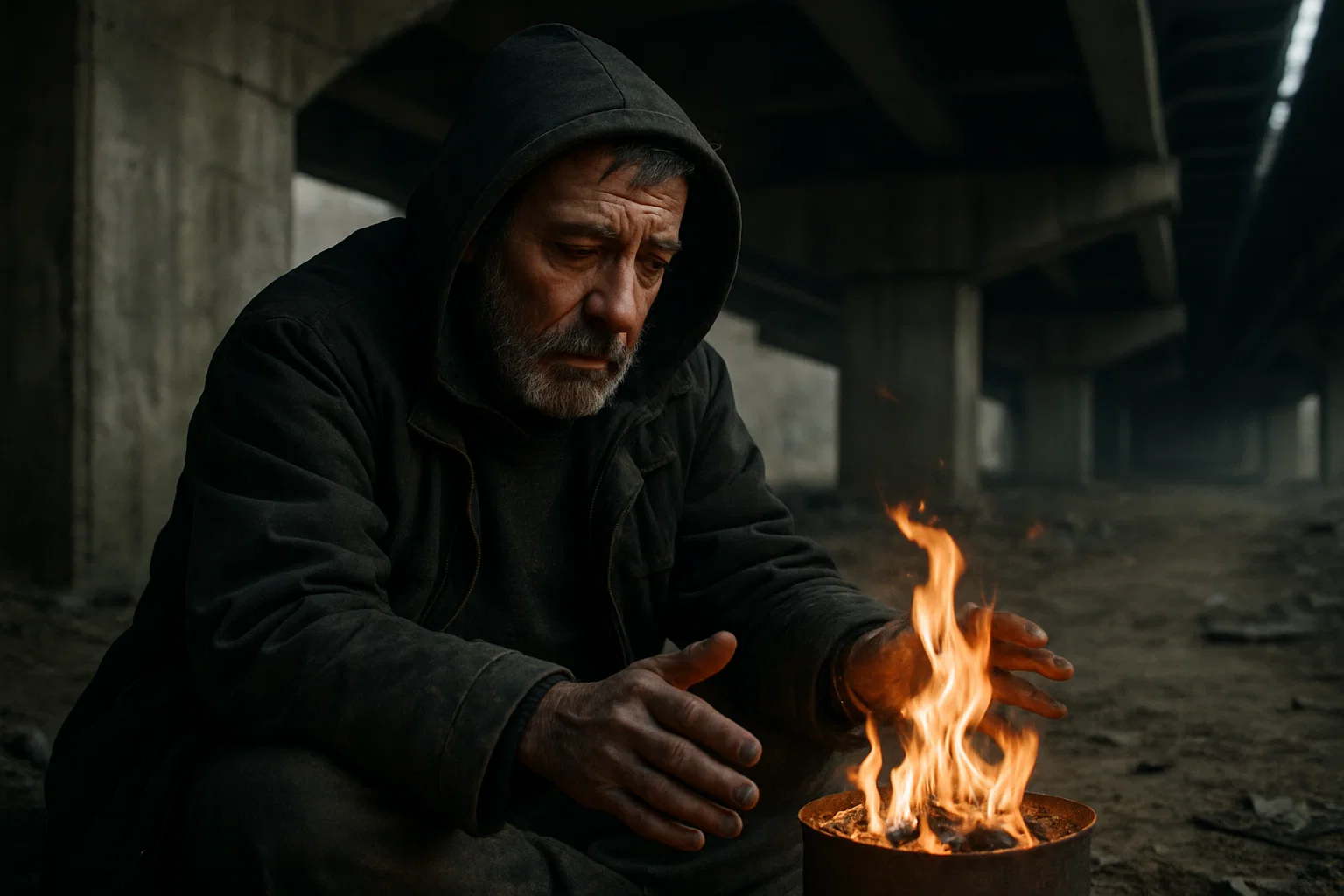You wake up with tears in your eyes and a strange warmth in your chest. You could have sworn they were right there — smiling, speaking, reaching for your hand. Then reality sets in: they’re gone. Dreaming of a deceased loved one can feel both comforting and heartbreaking. But what if these dreams aren’t just random memories? What if they hold deep psychological and spiritual meaning — messages from your subconscious, or perhaps, something beyond?
Have dreams of lost loved ones been haunting or comforting you? Decode their hidden meaning with Dreamly — your AI-powered dream journal available on Android and iOS.
Dream Interpretation: When the Dead Visit the Living
In dream psychology, seeing a deceased loved one often symbolizes unfinished emotional energy. Your subconscious uses their image to express something unresolved — grief, guilt, love, or forgiveness. The dream doesn’t necessarily mean they are literally visiting you (though some people believe they are). Instead, it can represent your inner healing process, your need for closure, or even your readiness to let go.
Sometimes, the dream feels vivid and peaceful. The person may smile, speak, or simply appear calm. These are often interpreted as acceptance dreams — your psyche’s way of integrating loss and reaffirming connection. Other times, the dream is distressing: the loved one seems angry, distant, or unreachable. That usually points to lingering grief or unprocessed emotions still demanding your attention.
The Psychology Behind “Visitation Dreams”
From a psychological standpoint, dreaming of the dead is part of the mind’s natural mechanism for coping with grief. When someone close to us passes away, our brain continues to search for them — in memories, in feelings, in dreams. These dreams allow the emotional bonds to remain alive while helping you adapt to a new reality without their physical presence.
Clinical studies on grief dreams show that they can be therapeutic. Many people report waking up with a renewed sense of peace or even relief after such dreams. The subconscious uses familiar imagery to soften the pain of separation, almost like an emotional bridge between worlds — not necessarily spiritual, but deeply human.
Spiritual and Symbolic Meanings
Across cultures, dreams of deceased loved ones have long been seen as messages from the other side. In spiritual interpretations, these are known as visitation dreams — moments where the soul of the departed reaches out to comfort or guide you. If the dream feels especially real, calm, and filled with light, many believe it’s not just imagination — it’s communication.
Symbolically, the message often depends on the person’s behavior in the dream:
- They smile or embrace you: A sign of peace — reassurance that they are safe and that you can begin healing.
- They speak but you can’t hear them: Suggests a struggle to accept their absence, or a need to listen more closely to your inner voice.
- They appear sad or distant: Reflects unresolved guilt, regret, or words left unspoken in waking life.
- They guide or warn you: Symbolic of your intuition taking their form to deliver insight or protection.
How These Dreams Can Help You Heal
Instead of fearing these encounters, try to see them as emotional opportunities. After waking up, ask yourself: What did I feel during the dream? What might my subconscious be telling me? Whether you view it as a true visitation or an inner dialogue, each detail can bring you closer to peace.
Writing these dreams down — the setting, the emotions, the dialogue — can be transformative. Over time, you may notice patterns: perhaps these dreams surface on anniversaries, moments of change, or when you’re seeking guidance. They’re rarely random. They’re a mirror of your connection and growth.
Understanding Dreams of the Dead with Dreamly
Dreamly helps you track these emotionally charged dreams with clarity. Its AI analyzes recurring symbols and emotional tones, revealing what your mind is trying to process. You might discover that these dreams appear when you’re feeling lost, overwhelmed, or ready to forgive yourself. By logging them, you can transform pain into understanding — and grief into gratitude.
Many users report that after recording their dreams of deceased loved ones, they experience fewer nightmares and greater emotional balance. Whether or not you believe in the spiritual side, the therapeutic effect is undeniable.
Conclusion
A dream of a deceased loved one is not a coincidence — it’s a profound emotional event. Sometimes it’s the heart’s way of saying goodbye, sometimes a reminder that love never really dies. Whether it’s a symbol of healing, memory, or divine connection, it invites you to listen — not with fear, but with tenderness.
Honor your connection. Record your dreams. Heal your heart. Try Dreamly — available on Android and iOS — and let your dreams reconnect you with what truly matters.








